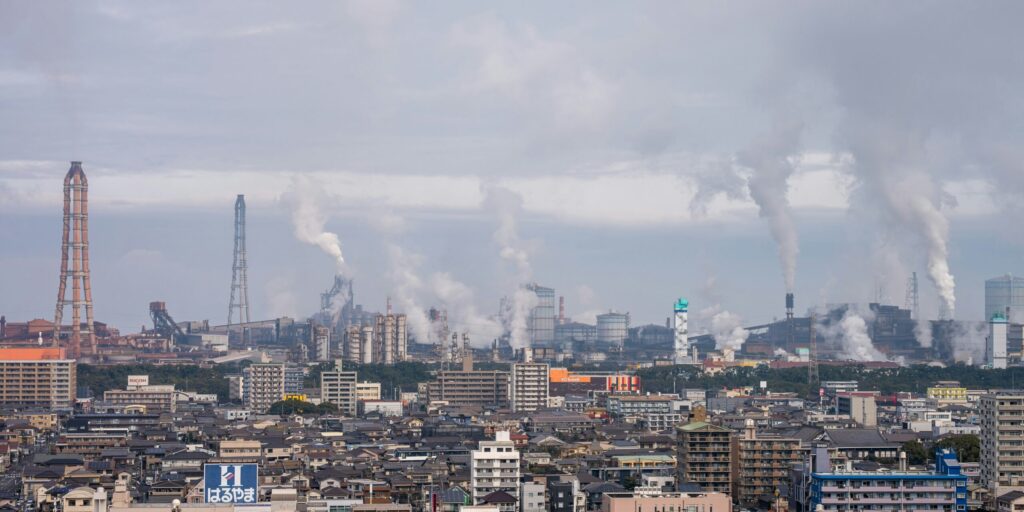Groundbreaking Research Reveals Unexpected Health Risks of Urban Air Pollution
A landmark study published by the National Institutes of Health (NIH) has revealed that air pollution can trigger more genetic mutations associated with cancer than secondhand smoke, a finding that significantly expands the scope of environmental health concerns. The research, which involved the sequencing of whole genomes in animal models exposed to air pollutants, discovered over 200 misfolded proteins that contribute to cancer development, adding new dimensions to our understanding of how urban air pollution accelerates disease.
For decades, secondhand smoke has been the most widely discussed environmental factor linked to cancer mutations, particularly lung cancer. However, this new study suggests that particulate matter (PM2.5)—common in areas with high traffic, industrial emissions, and fossil fuel combustion—may be responsible for even more genetic damage, especially in people who live in cities with chronic pollution levels.
The NIH’s research focused on aging rats subjected to simulated urban environments that mirror air quality found in major U.S. cities. The study specifically looked at how exposure to particulate pollutants led to mutations in cancer-related genes that were previously thought to be mainly linked to smoking. The results were striking, with a significant number of misfolded proteins identified that are linked to both cognitive decline and increased cancer risk.
Groundbreaking Discoveries on the Path to Prevention
In addition to genetic mutations, the study found a surprising link between exposure to these pollutants and Alzheimer’s disease, where misfolded proteins play a critical role in brain degeneration. The researchers discovered that particulate air pollution may promote the accumulation of toxic amyloid plaques and tau tangles, which are known to contribute to Alzheimer’s.
The findings underscore the need for more stringent air quality regulations and urban planning that prioritizes clean air. Researchers recommend that future public health campaigns address not only smoking but also the health risks posed by air pollution. Dr. Karen Shields, one of the study’s lead researchers, emphasized that this research is pivotal in shaping future policies aimed at reducing urban pollution.
Public Health Implications and Future Research
This study is part of an ongoing effort to assess the long-term effects of air pollution on public health. According to the American Lung Association, approximately 40% of the U.S. population lives in areas where air quality fails to meet established health standards. With these new revelations, public health advocates are calling for greater regulatory oversight and more rigorous air quality standards, particularly in cities with high levels of industrial emissions.
As cities continue to grow and industrial activity increases, this research emphasizes the growing need for public health policies that address environmental pollutants. In response, many cities are exploring green infrastructure solutions, such as expanding tree canopy coverage, improving public transit systems, and pushing for cleaner energy sources.


